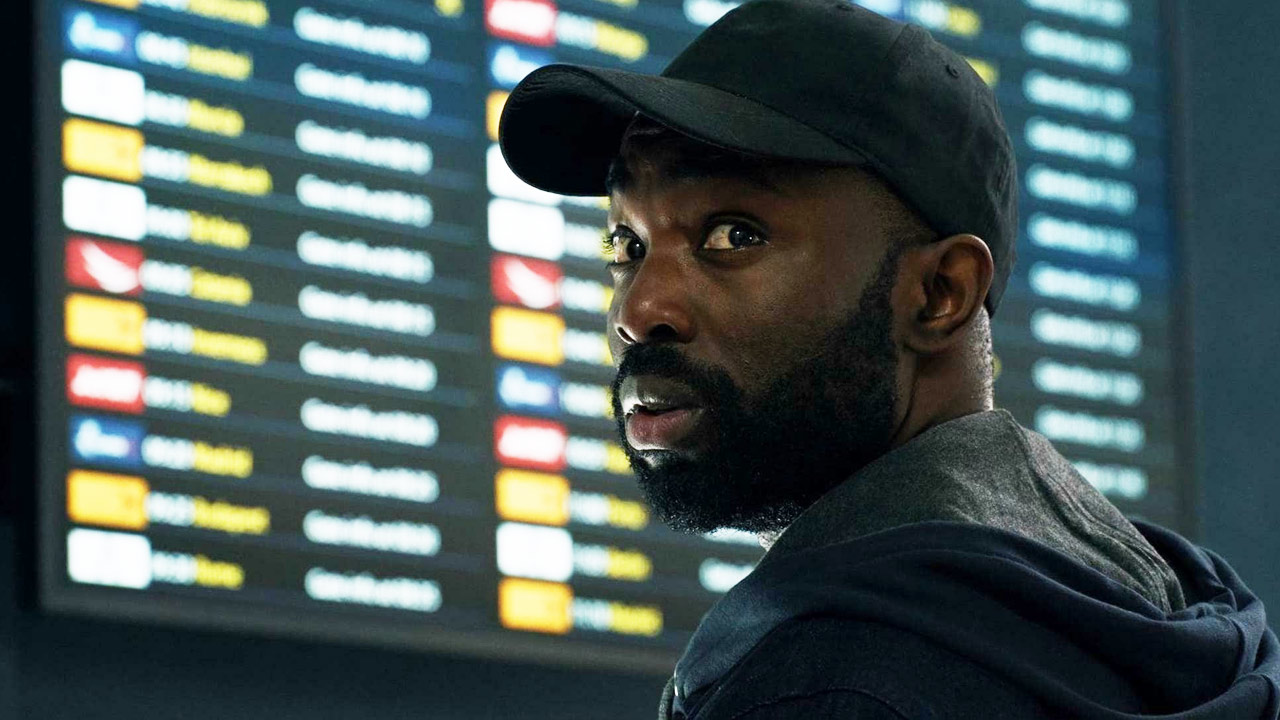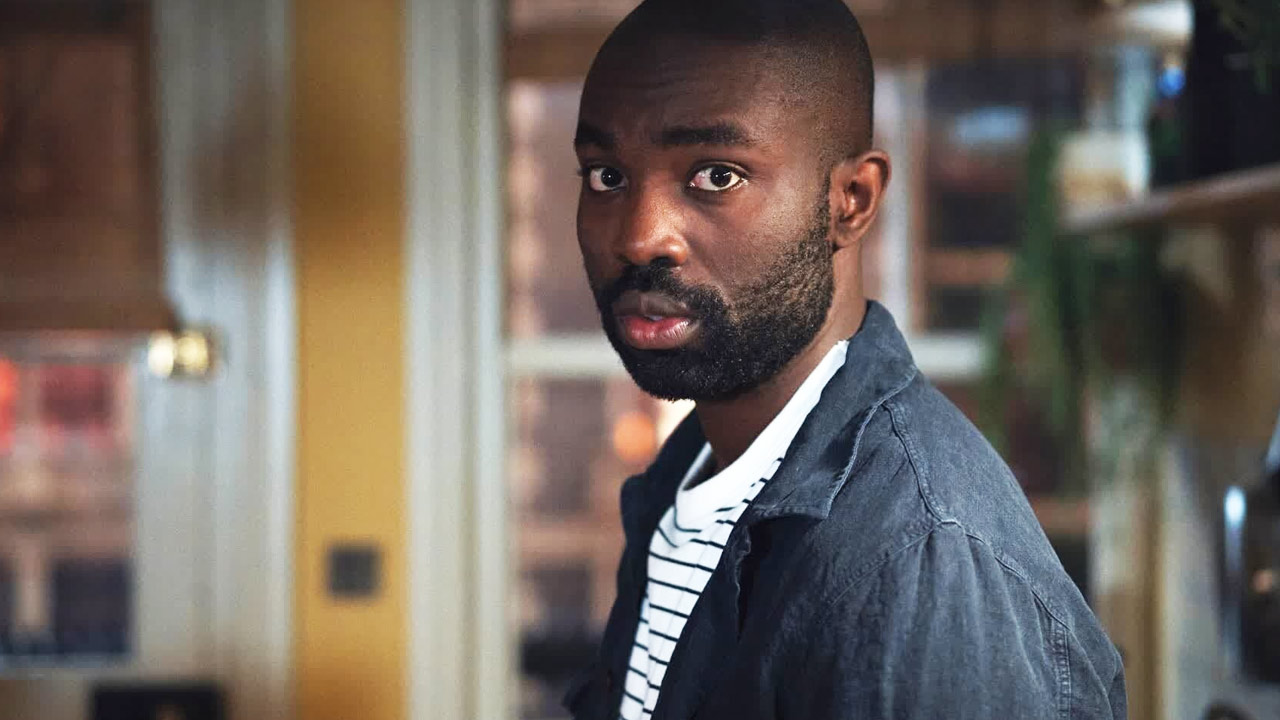The Lazarus Project goes well beyond what we expect from time-travel espionage shows

Time loop series The Lazarus Project follows rules that resemble the punishingly difficult Dark Souls video game series—making time travel feel burdensome but also kind of thrilling, writes Clarisse Loughrey.
Quite a few of reviews for The Lazarus Project have described its premise as something close to—what if life were like a video game? I’ll admit, it’s a fairly accurate summary of what happens: app developer George (Paapa Essiedu) has built the perfect life with his partner Sarah (Charly Clive). Then a new pandemic, triggered by the “Mers 22” virus, suddenly rears its head (the show’s opening scene takes place on 1 July, 2022, so they’re already mid-COVID). It strikes hard. Apocalyptically so.
Only, George wakes up one morning to discover he’s inexplicably travelled back in time. It takes a smartly attired woman (Anjli Mohindra’s Archie), strutting confidently out of the shadows, to explain what’s just gone down. She’s part of the Lazarus Project, “a top-secret, multinational organisation dedicated to preventing and undoing mass extinction events via diplomatic, scientific or militaristic means.” They do so by resetting the clock every time the clock runs out. And George has the rare genetic mutation that means he can sense these time loops as they happen.
But The Lazarus Project doesn’t align with any old video game mechanics. The idea of always having the option to go back and start again is too easy—if there’s an impossibility of failure, every risk is worth taking. Where’s the tension in that?
Here, the rules more closely follow that brand of punishingly difficult role-playing game popularised by Dark Souls, in which you’re always facing up to all-powerful villains with a single, concealed weakness. If you die, you get another chance, but only at the cost of starting again so far back that it feels like a slog just to catch up to where you were. These are the games that drive people to the brink of madness. And, in The Lazarus Project, time travel feels so burdensome you really have to wonder whether it’s worth the effort.
It’s a relatively simple twist from creator and writer, Joe Barton (Giri/Haji), but it’s exactly what’s needed to push The Lazarus Project beyond the basics expected from the espionage shows, time travel shows, and time travel-espionage shows that regularly fill our TV schedules. The exact science of how Archie’s team can always flip things back to the last 1 July is initially dismissed as too complex for George’s pedestrian mind (and our minds too, it’s implied)—only for the mechanics to become central enough to the story that you really wish they would pause the action to explain exactly what’s going on. The series always feels in danger of that kind of bare-faced silliness, where any intellectual posturing is exposed as just a flimsy excuse for car chases, shootouts, and stern-faced mission briefings with a distinctly M-like head of the agency (Caroline Quentin).
As much as The Lazarus Project is about reality, it’s simultaneously completely untethered from it. There’s an early revelation that the speed with which the planet developed the COVID vaccine was entirely thanks to time-hopping, which rather cynically dismisses the heroic work of real researchers for the thrill of a cheap joke. In fact, everyone’s dropping one-liners with the acute self-consciousness of people who know they’re in an espionage drama. When George asks Archie why they couldn’t travel back to, let’s say, London in the 1800s, she retorts: “I’m a brown woman, why the f**k would I want to?”

But Barton is asking some compelling questions here. Nuance first arrives in the form of Tom Burke’s sneery antagonist Rebrov, who at first looks like the average turncoat, until it’s revealed why he’s so determined to foil The Lazarus Project’s plans and hasten the end of existence. “The world wants to die and we keep stopping it,” he tells George at one point, as the show’s central question shifts from “how do we stop the end of the world?” to “what’s the cost of keeping the world going?”.
When time is reset for the umpteenth time, what happens to every milestone undone? Or every child suddenly unborn? Burke, best known for his heart-wrenching work in Joanna Hogg’s The Souvenir, lets doubt hang in the air like a poisonous gas. He’s formidable. So is Essiedu, who never lets George’s witlessness flatten into caricature, and Boiling Point’s Vinette Robinson, who turns up when things really start to go south. The Lazarus Project has successfully made time travel seem like a real drag—and that’s exactly why it’s such a thrill to watch.



















